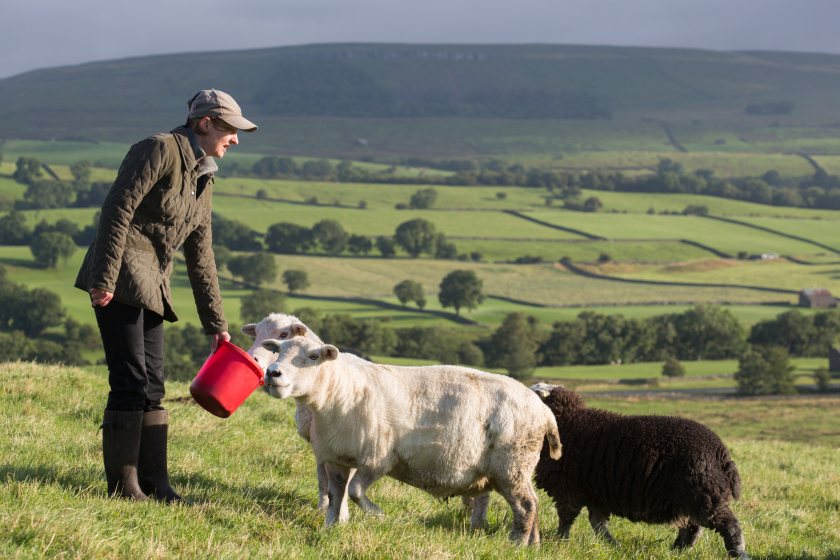
The NFU is urging policymakers to unleash the full potential of Britain’s tenanted farms, calling for stronger support and investment to drive growth and resilience across the sector.
At the NFU Tenant Farmers’ Conference on 23 October, delegates gathered to explore how policy and innovation can transform the tenanted system into a driver of productivity.
Among the speakers at the Three Counties Showground event was Alan Laidlaw, newly appointed Commissioner for the Tenant Farming Sector, who said his role would focus on engagement, problem-solving and a new case-handling process to help tenants and landlords resolve issues.
His appointment marks a pivotal moment for the tenanted sector — a role created to strengthen fairness, transparency and collaboration across agriculture.
The event was chaired by NFU Deputy President David Exwood, who described tenant farmers as “some of the most dynamic and progressive farmers” in the country.
He acknowledged that “it has been another challenging year, as it has been for all farmers, with extreme weather, price volatility, inheritance tax changes and uncertainty around the future of environmental schemes, particularly for those in the uplands, leaving many vulnerable and low in confidence.”
Exwood said progress hinged on the right policy framework. “Above all, we need policies that will help build resilience, profitability and productivity in the tenanted sector and allow farmers to invest,” he told delegates.
Farmers Sam Bailey from Staffordshire, Andrew Baxter from Worcestershire and Gary Yeomans from Monmouthshire shared how they were adapting through innovation and diversification to stay competitive.
The Rock Review recommended the creation of the Tenant Farming Commissioner to promote the Agricultural Landlord and Tenant Code of Practice, ensuring the sector operates on fair and modern principles.
Exwood stressed that the Commissioner’s independence would be vital. “It’s clear that for the sector to succeed, Commissioner Laidlaw must remain fiercely independent, listen to tenant farmers and ensure we are fully consulted,” he said.
He also urged more support for new entrants, citing the need for “improved tenancy agreements, better access to finance and fit-for-purpose networks of county farms.”
He added that long-term policy certainty was essential if tenant farmers were to continue producing “sustainable climate-friendly food” while contributing to economic growth and environmental goals.
The message from the conference was clear: tenant farmers must be at the heart of future agricultural policy if the UK is to build a fair, productive and sustainable industry.
